Pityriasis Rosea
Consulting with the skin experts at Brentwood Dermatology can put you on a path to healthy skin.
Examples of Pityriasis Rosea
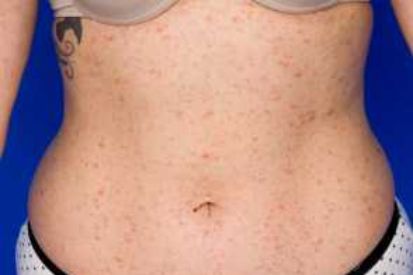
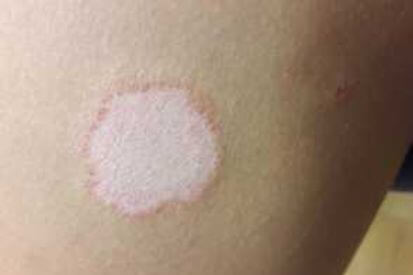
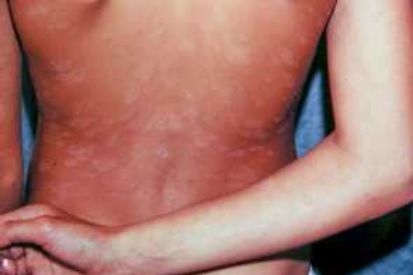
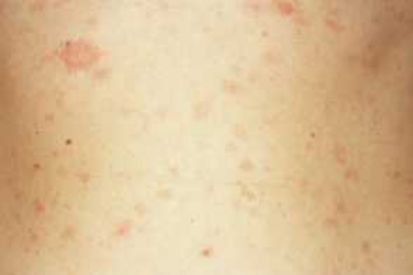
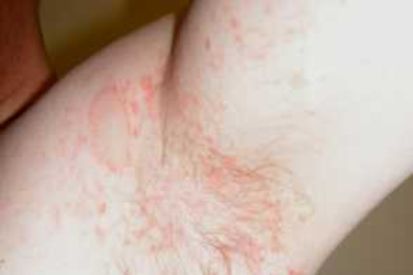
What are the Symptoms of Pityriasis Rosea?
- Pityriasis rosea manifests in a distinct sequence, often beginning with a unique oval, slightly raised, and scaly herald patch.
- A common pattern involves initial symptoms such as headache fatigue, fever, or sore throat, typically lasting 1 or 2 days, followed by the appearance of smaller skin patches or bumps on the skin.
- Some individuals may exhibit a few large patches without preceding illness symptoms.
Causes of Pityriasis Rosea
- Pityriasis rosea's exact cause is unclear, but it's considered a viral infection.
- There is a potential association with a herpesvirus; however, the exact virus responsible has not been identified. It is not contagious and unrelated to fungal or bacterial infections.
- Factors like genetics and the environment may contribute to this condition as well.
How to Prevent Pityriasis Rosea
- Maintain Good Hygiene: Regular and gentle cleansing of the skin can help mitigate potential irritants and promote overall skin health.
- Moisturize: Keeping the skin well-moisturized may help in preventing excessive dryness and potential irritation.
- Avoid Triggers: Identify and avoid potential triggers, although these are not well-established. This may include exposure to certain viruses or environmental factors.
- Sun Protection: As excessive sun exposure has been suggested as a trigger, practicing sun-safe habits, such as using sunscreen, wearing protective clothing, and seeking shade, may be beneficial.
- Immune System Support: Strengthening the immune system through a healthy lifestyle, balanced diet, and regular exercise may contribute to overall well-being.
FAQs about Pityriasis Rosea
No, Pityriasis Rosea is not contagious. You can't pass it on to others through skin-to-skin contact. It's a reaction within your body, not an infection that can be transmitted.
Yes, you can still go about your daily activities. Pityriasis Rosea isn't usually a reason to stay home. It's not harmful, and the rash is not a sign of a serious illness. Just be mindful of your comfort, and avoid activities that may irritate the rash.
To relieve itching, use mild, fragrance-free moisturizers and take cool baths. Over-the-counter antihistamines may also help. If the rash is uncomfortable, consult with a dermatologist who can recommend appropriate treatments.
No, Pityriasis Rosea doesn't usually leave scars. Once it resolves, your skin should return to its normal appearance. If you have concerns or notice changes, a dermatologist can address them.
How to Treat Pityriasis Rosea
- Over-the-counter antihistamines and mild topical steroids like hydrocortisone provide relief from itching and inflammation.
- Keeping the skin moisturized with fragrance-free lotions is recommended, and avoiding irritants and excessive sun exposure is crucial.
- In severe cases, dermatologists may suggest UVB phototherapy or prescribe prescription medications such as oral antihistamines or stronger topical steroids for intense itching.
Featured Products
Check your local office for current stock!
Check your local office for current stock!
